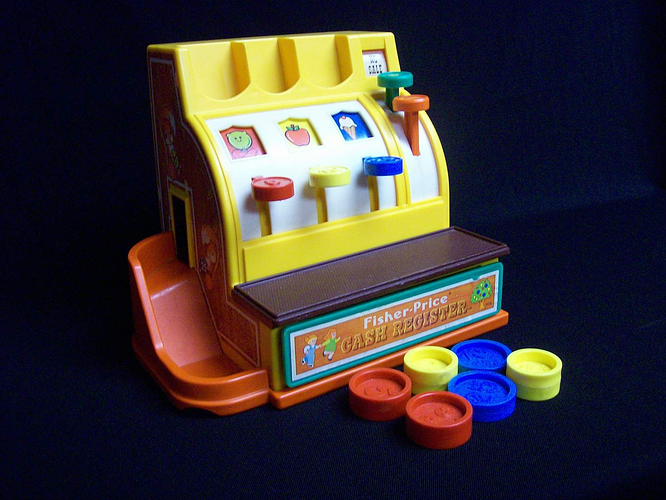http://insidebitcoins.com/news/andreas-antonopoulos-bitcoin-terminology-is-completely-broken/34641
Some very interesting quotes by Andreas Antonopoulos:
In Bitcoin, every single term and design metaphor is absolutely and 100 percent wrong and broken.
A wallet is something that stores money — not in bitcoin it isn’t. The money isn’t in the wallet. The money is on the network. The wallet contains keys. So, it’s not a wallet, it’s a keychain. How can you tell it’s not a wallet? Can you copy a wallet? No. But you can copy a key. A keychain is a far better metaphor because if I have a keychain — imagine a big ring of keys like a janitor or custodian. I have a bunch of keys. I can go to a shop and have all of those keys duplicated and create a second keychain. Both of those keychains will work interchangeably in all of the locks that the original keychain works. That’s how a keychain works. So, if you understand what a keychain does, then you will understand how a Bitcoin wallet works because you can copy it — you can make copies of the keys.
Bitcoin. Coin — what a terrible, terrible word. What a terrible brand. Coin — take the most abstract form of money we’ve ever created that is based on a completely decentralized network that has no coins and then name it Bitcoin. Just to confuse everyone. A coin, which is two generations of technology back — a far less abstract, much more tangible, physical representation of money. So, you took the most abstract representation of money and named it after the most tangible representation of money. Only an engineer could come up with that brand.
100% agree with all of this. At Onename, we’ve had quite a few conversations touching on these points.

